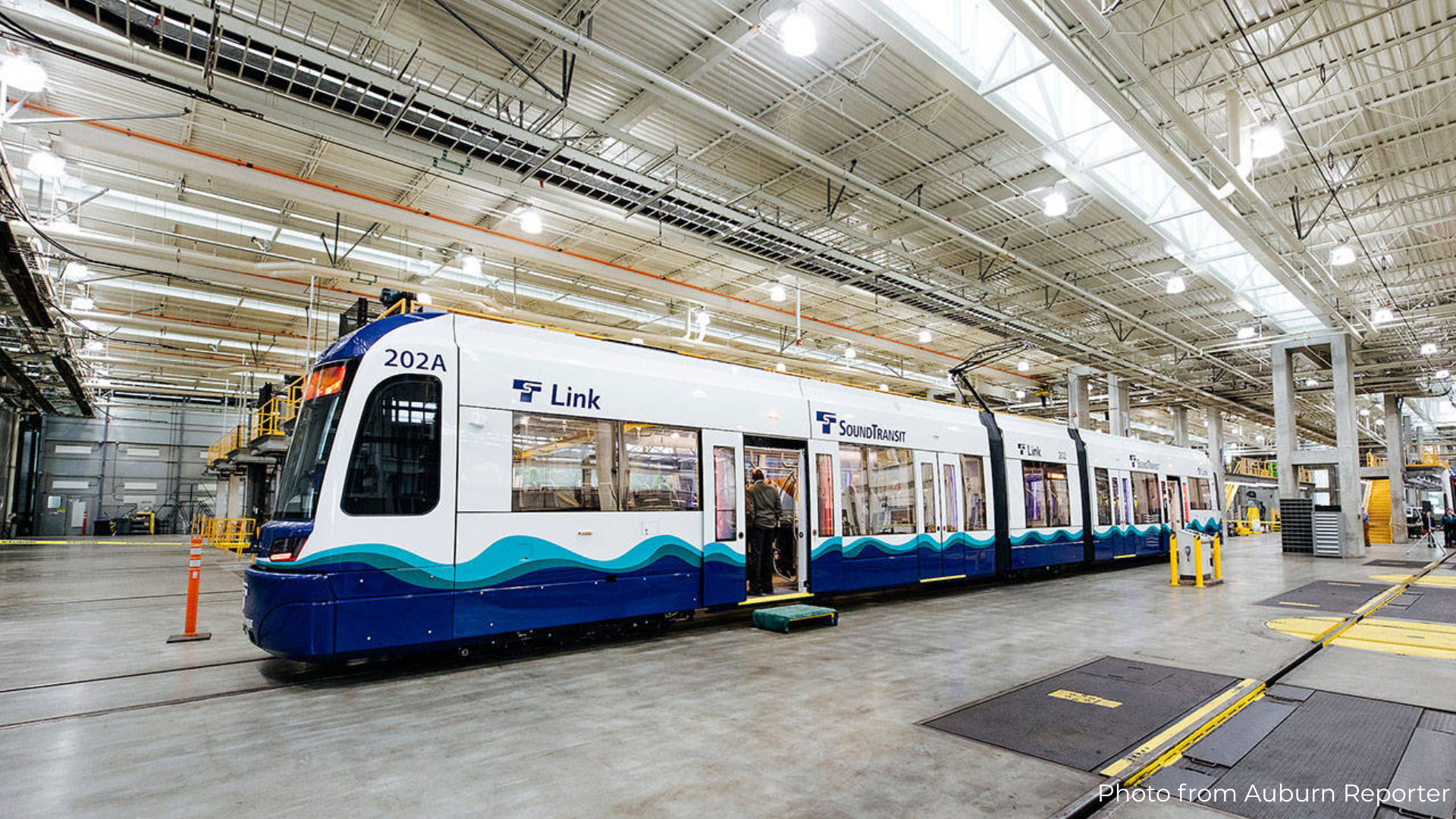For every bit of good news, there seems to be bad news that tends to follow. I’ll start with the good.
The good news is that King County Judge Marshall Ferguson lifted the injunction on I-976. Leading up to this decision was his dismissal last month of all but two constitutional challenges to the initiative. In vacating the injunction today, he ruled that the two sections of the initiative which would impose Kelley Blue Book (KBB) valuations of vehicles (sections 8 and 9) are unconstitutional and are severed from the initiative. Given that KBB valuation is mentioned in the ballot title, there is some question as to whether this ruling would make the ballot title unconstitutional as well.
In theory, calculating car tabs based on KBB values would require the state to contract with the company (as they would need to buy proprietary KBB data). This would “grant…special contractual privilege to a corporation,” which would violate Article I Section 12. The state Department of Licensing (DOL) already uses Price Digests, but this is described as a conglomerate. Kelley Blue Book and National Auto Dealers Association values are used in valuation disputes, which DOL says are infrequent and does not require the agency to have a contract.
The judge did not lift the injunction for the City of Burien, which apparently pledged vehicle license fees, imposed through its Transportation Benefit District, to repay bond debt. Judge Ferguson ruled that I-976 could impair bond contracts and harm the city.
Now the bad news.
The bad news is that every part of this decision will likely be appealed and may very well be overturned or at least delayed by an appellate court.
In his order, the judge notes that the plaintiffs’ request for a preliminary injunction was made in a “responsive memorandum” which is improper before the Court. In other words – they asked the wrong way. So, the judge basically invites the plaintiffs to file a motion for reinstatement of the injunction (to keep I-976 from going into effect) by March 27th, after which the order to lift the injunction would go into effect.
It is almost certain that plaintiffs will do exactly that. They also could ask for an injunction from the state Court of Appeals – the appellate court would have 16 days to tell Judge Ferguson why he’s wrong. If past is prelude, there is a good chance that transit special interests may prevail, despite voters passing I-976.
It then falls on the legislature to implement the will of voters just as they did when Initiative 695 passed in 1999. Despite efforts from some lawmakers, that didn’t happen this session. It should have. Lawmakers should listen to the public and represent constituent interests, rather than their own, and implement both budget and policy elements of I-976. Not doing so would demonstrate continued disregard of the public’s expressed desire for tax relief.






